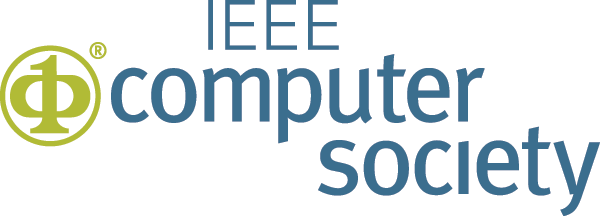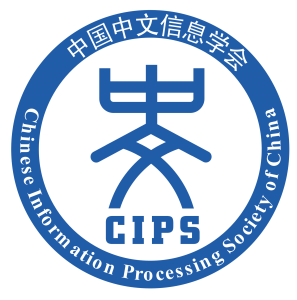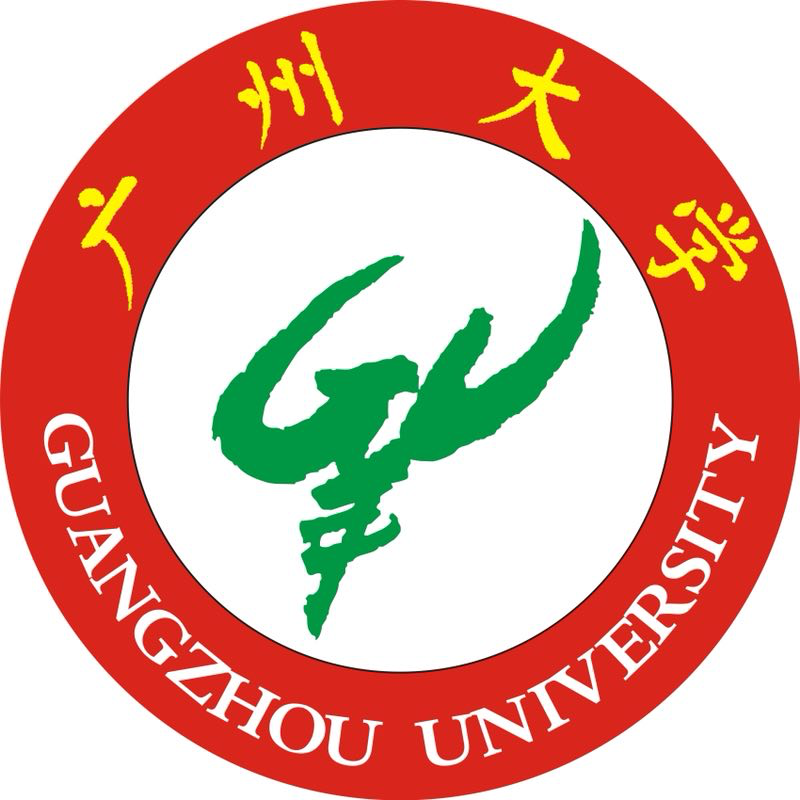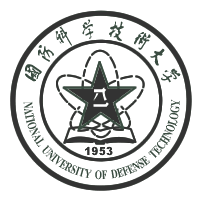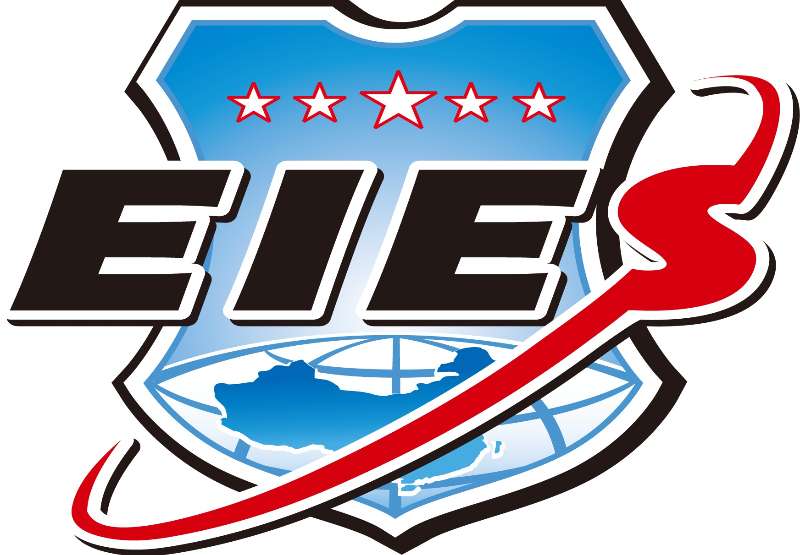Intelligent System Security (ISS 2018)
Scope
With the impetus of large data, new algorithms and cloud computing platforms, artificial intelligence (AI) is changing and even reforming every involved industry. For example, the military industry is changing from the predictive maintenance software to intelligent decision assistant. Besides, artificial intelligence has an increasing influence on different aspects of human life, and the concepts of intelligent home and smart city are becoming more and more popular.
Though people have many wonderful expectations for AI, the reality is not always optimistic. With the wide adoption of AI in various applications, the safety problem has been showing up. AI applications could face threats from many aspects: software implementation vulnerability, malicious samples, pollution of training data, etc. These threats may lead to confusion in the recognition system driven by AI, and may cause the rising of false alarms, even result in system collapse or hijacking, which makes smart devices potential zombie attack tools. AI-based improvement on traditional system brings new security problems. In reality, smart devices store more information than the information stored in human brains. In this way, smart devices can easily be the target of hackers, Trojan viruses, and unauthorized users. For example, weak password loopholes in Hikvision cameras have caused many users to be invaded. The XCodeGhost accident has affected a large number of iPhone users and even a large number of iOS developers to reassess the security issues of App applications. This is only one of many potential aspects of intelligent system that needs to be taken precautions against. Recent years have witnessed increasing research attention on attack detection in intelligent system. This trend raises the need for launching the Intelligent System Security (ISS). This workshop will be the premier forum in which intelligent system security is promoted as a serious and important research field by its own with relevant challenging problems and emerging issues to be formally addressed. It aims to increase potential collaborations and partnerships by bringing together academic researchers and industry practitioners from AI and system security with the objectives to present updated research efforts and progresses on foundational and emerging topics of ISS, exchange new ideas and identify future research directions.Relevance
It is imperative to develop new technologies that can detect and prevent attacks in intelligent system. This leads to the emergence of Intelligent System Security (ISS), which is closely related to applied artificial intelligence.
Holding the ISS-2018 workshop in conjunction with IEEE-DSC 2018 will stimulate and foster innovations of attack detection research, encourage novel development and smart information use for AI-based intelligent system security. We also expect that ISS-2018 promote the reliability and trustiness of intelligent system and effectively bridge the gap between intelligent system development and protection. This workshop, held in conjunction with the IEEE-DSC 2018 conference, will contribute to the conference by assembling active researchers in a wide range of disciplines (adversarial learning, intelligent system security) to share their experiences on addressing various aspects of current challenges in ISS.WORKSHOP AREAS
ISS encourages topics related but is not limited to:
1. Machine Learning Security
2. System Security
3. Privacy Computing
4. Data System Vulnerability
5. Data Intensive Attacks
PAPER SUBMISSION
All submissions should be written in English and submitted via our submission system: https://easychair.org/conferences/?conf=iss20180. A paper submitted to IEEE ISS 2018 cannot be under review for any other conference or journal during the entire period that it is considered for IEEE ISS 2018, and must be substantially different from any previously published work. Submissions are reviewed in a single-blind manner. Please note that all submissions must strictly adhere to the IEEE templates as provided below. The templates also act as a guideline regarding formatting. In particular, all submissions must use either the LATEXtemplate or the MS-Word template. Please follow exactly the instructions below to ensure that your submission can ultimately be included in the proceedings.
IMPORTANT DATES
Acceptance notification: April 23, 2018
Camera-ready copy: May 16, 2018
Conference Date: June 18, 2018
ORGANIZATION
Workshop General Chairs
Jianlong Tan, Chinese Academy of Sciences, China
Steering Committee
Li Guo, Chinese Academy of Sciences, China
PC co-Chairs
Gang Li, Deakin University, Australia
Workshop Organization Chair
Program Committee
Liang Chang, Guilin University of Electronic Technology, China
Shifei Ding, China University of Mining & Technology, China
Bernardo Huberman, HP lab, USA
Rafiq Islam, Charles Stuart University, Australia
Lejian Liao, Beijing Institute of Technology,China
Ying Sha, Chinese Academy of Sciences, China
Chuan Shi, Beijing University of Posts and Telecommunications, China
Jinqiao Shi, Chinese Academy of Sciences, China
Venkatesh Srinivasan, University of Victoria, Canada
Kui Wu, University of Victoria, Canada
Jie Zhang, Nanyang Technological University, Singapore
Xiaolin Chang, Beijing Jiaotong University, China
Wei Wang, Beijing Jiaotong University, China
Morshed Chowdhury, Deakin University, Australia
Biplob Ray, Central Queensland University, Australia


